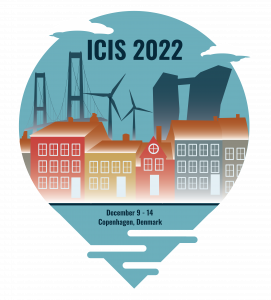In December, this year’s ICIS will take place in Copenhagen and Professor Mirbabaie will participate with two research articles. One explores the motivators for conducting digital detox, particularly regarding knowledge workers, while the other discusses the controversial usage of Persuasive System Design (PSD) that can disadvantage users.
Dealing with information and communication technologies (ICT) for an extended period makes knowledge workers especially susceptible to technostress. Professor Mirbabaie’s paper discusses this problem by identifying motivators for knowledge workers to conduct digital detox based on ten phenomenological interviews. The theoretical contribution helps to better conceptualize digital detox in organizations and anchors it in existing technostress theory. Implications for designing digital detox policies that match the motivations of knowledge workers can be derived.
The controversial usage of Persuasive System Design (PSD) violates user autonomy and can disadvantage users. In his paper, Professor Mirbabaie outlines that Information Systems (IS) research currently cannot realize the potential of PSD in research and practice due to a lack of common vocabulary and conceptual clarity. This paper conducts a systematic literature review on controversial PSD that results in four focal points of the ethical debate on PSD (intentions, strategies, outcomes, process) and derives implications and a research agenda for IS research.

